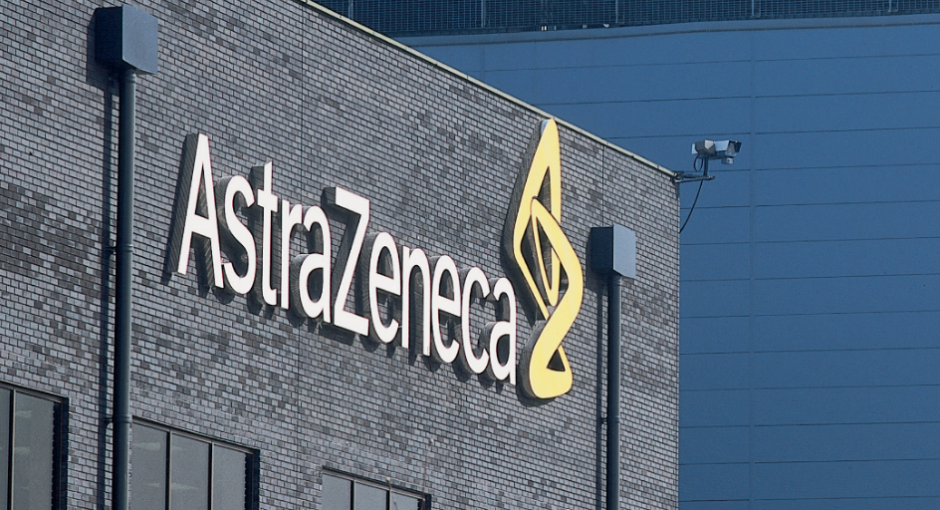Drug manufacturer AstraZeneca effective June 1 will stop offering voluntary 340B pricing on its orphan drugs to critical access hospitals, sole community hospitals, rural referral centers, and free-standing cancer hospitals, the company said yesterday.
“AstraZeneca is making this change to harmonize policies and government contracting across our business units, including our new Rare Disease Business Unit, resulting from the acquisition of Alexion,” a spokesperson said last night. “This change is consistent with the 340B statute and industry practices.”
“AstraZeneca remains strongly committed to the 340B program and to ensuring that any patient prescribed an AstraZeneca product has access to that medicine,” the spokesperson continued. “AstraZeneca’s products have been—and will continue to be—available to all covered entities consistent with the program regulations at the required statutory ceiling price.”
AstraZeneca completed its acquisition of Alexion, which focuses on orphan drugs, in July 2021. Alexion’s flagship product Soliris ($1.02 billion in net sales in Q1 2021, out of $1.63 billion in total company net sales that quarter) is used to treat rare blood and neuromuscular diseases.
The same 2010 law that added CAHs, SCHs, RRCs, and free-standing cancer hospitals to the 340B program denied these hospitals 340B pricing on drugs designated for rare diseases or conditions. Many such orphan drugs are often prescribed for common diseases and conditions. This utilization often accounts for the bulk of those drugs’ revenues. A federal watchdog agency said in an October 2021 report that the 340B orphan drug exclusion may give drug companies a powerful incentive to seek orphan designations for their drugs. The Institute for Clinical and Economic Review (ICER) last month recommended ending the exclusion for orphan drugs when they used the drugs for non-orphan diseases or conditions.
Legislation to end the exclusion for these “partial” orphan drugs was first introduced in Congress in September 2016 and in every session since but has gone nowhere.
Johnson & Johnson ended voluntary 340B pricing on orphan drugs for rural and free-standing cancer hospitals at the end of 2021. Amgen ended its voluntary 340B pricing on orphan drugs for those hospitals a year earlier.
AstraZeneca is one of the 16 drug manufacturers that have put conditions on 340B pricing when covered entities use contract pharmacies.


